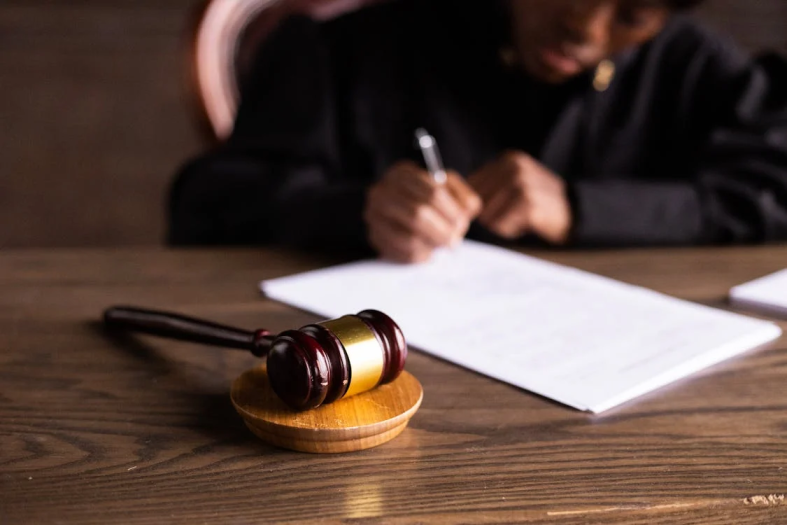Receiving a traffic offence notice is a frustrating experience, especially if you believe that you weren’t in the wrong or your actions were justified. In most cases, people decide to get done with and pay the required fine.
However, this is not the right course of action in some cases, as paying the fine can have bigger repercussions such as demerit points, licence suspension, or even higher insurance rates. Whenever you receive a traffic notice, you should evaluate your case first. If it’s a complex one, such as a DUI, you can also engage experienced Brisbane traffic lawyers to help with the case.
Here are some situations where you should consider fighting the penalty in court.
You Believe You’re Innocent
In most cases, law enforcement officers issue traffic fines based on their observations or assumptions. However, these are often wrong. For example, you could be misidentified due to similar licence plate numbers. Speed detection equipment may also be faulty and identify you as going over the speed limit when you weren’t.
In such cases, you should contest the fine. You can prepare your statement noting how law enforcement has made a mistake in your case and attach accompanying evidence to validate your point. If you prove it, your case will be dismissed and you won’t have to pay an unjust fine.
Evidence in Your Favour
Maybe you were in the wrong, but have evidence that supports your position. For example, you might have exceeded the speed limit as the signage was not visible, or may have received a parking ticket when the ticketing machine was faulty.
All these make a strong case and can help quash your fine. Whatever traffic offence it is, gather relevant evidence such as photographs of your parked car, dashcam footage, and images of unclear signage. You can also incorporate witnesses and have them write a supporting statement to give the judge a larger perspective of the situation leading to your offence.
Technicalities and Legal Errors
Law enforcement officers must follow all traffic laws and not make any mistakes when processing your offence. But since they are still human, they sometimes do. You can look for any missteps as they will provide a basis for appeal.
The obvious starting point is the infringement notice. Check if there are any inaccuracies in your name, vehicle registration, location, or date and time of the offence. Even minor mistakes like typing your name incorrectly are significant, and they can lead to the dismissal of your case.
Besides that, you can consider the procedures leading to the issuance of the ticket. For example, did the officer provide a valid reason for pulling you over?
Potential Severe Consequences
Traffic offences can have significant repercussions. For example, the fine may be big enough to become a financial burden. Moreover, paying it is an admission of guilt, which may make a permanent mark on your record.
If the case is more serious, such as a DUI or reckless driving, you may incur jail time, community service, or mandatory driving courses. The penalty can also include demerit points or licence suspension, which will affect your daily life, such as commuting to work or picking up children from school.
In these cases, it’s advisable to consider appealing. Since the case is most likely complex, involve experienced Brisbane traffic lawyers to help prepare the case and argue before the court. This will increase your chances of the penalty being reduced or even dismissed.
Circumstances Beyond Your Control
Sometimes, traffic offences happen due to matters beyond our control. These are mostly unavoidable, but they are justified. For example, you might have exceeded the speed limit but had a medical emergency.
If you can prove to the court that your offence was done to avoid greater harm, you will be shown leniency. Clearly explain your situation and provide supporting evidence.
Whatever the offence, contesting the fine with a proper case will lead to a more favourable outcome and help you avoid penalties.


































